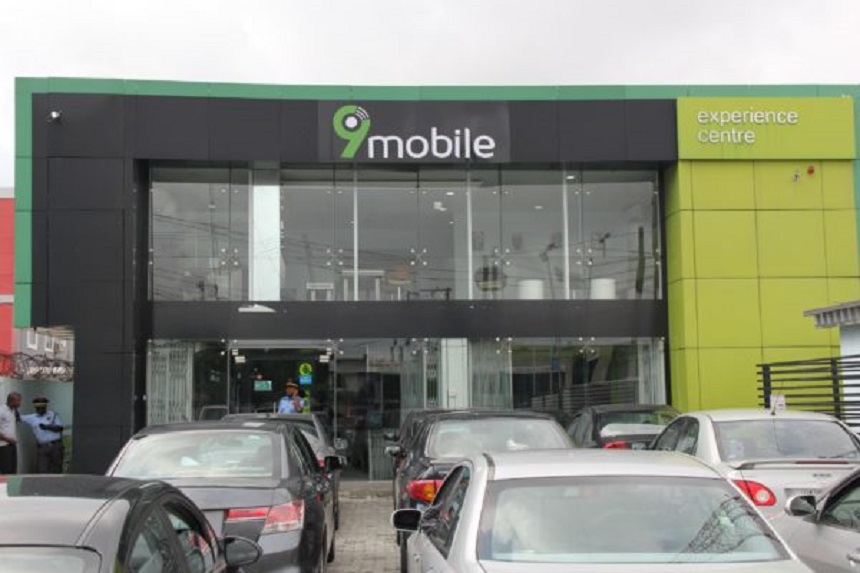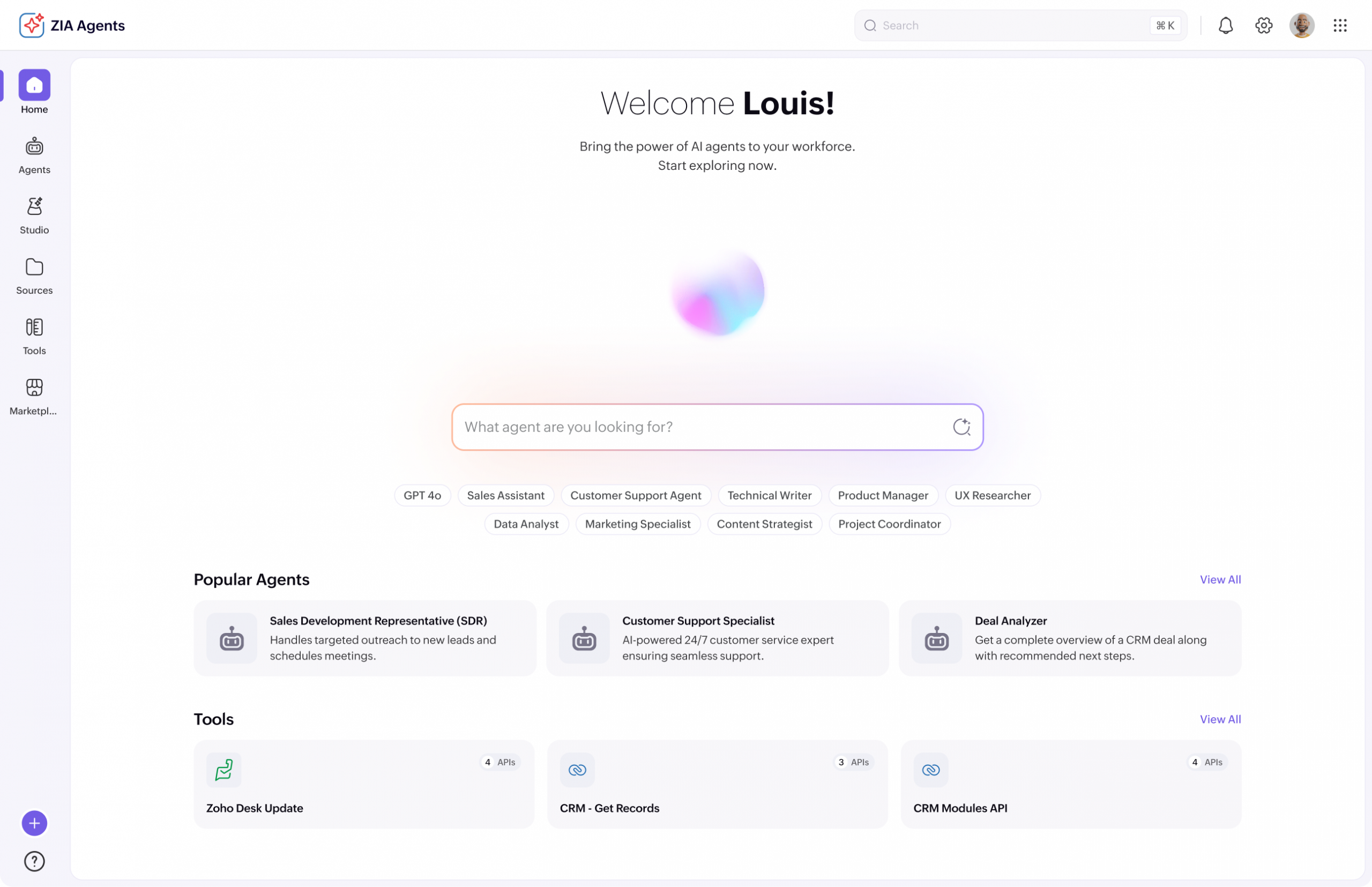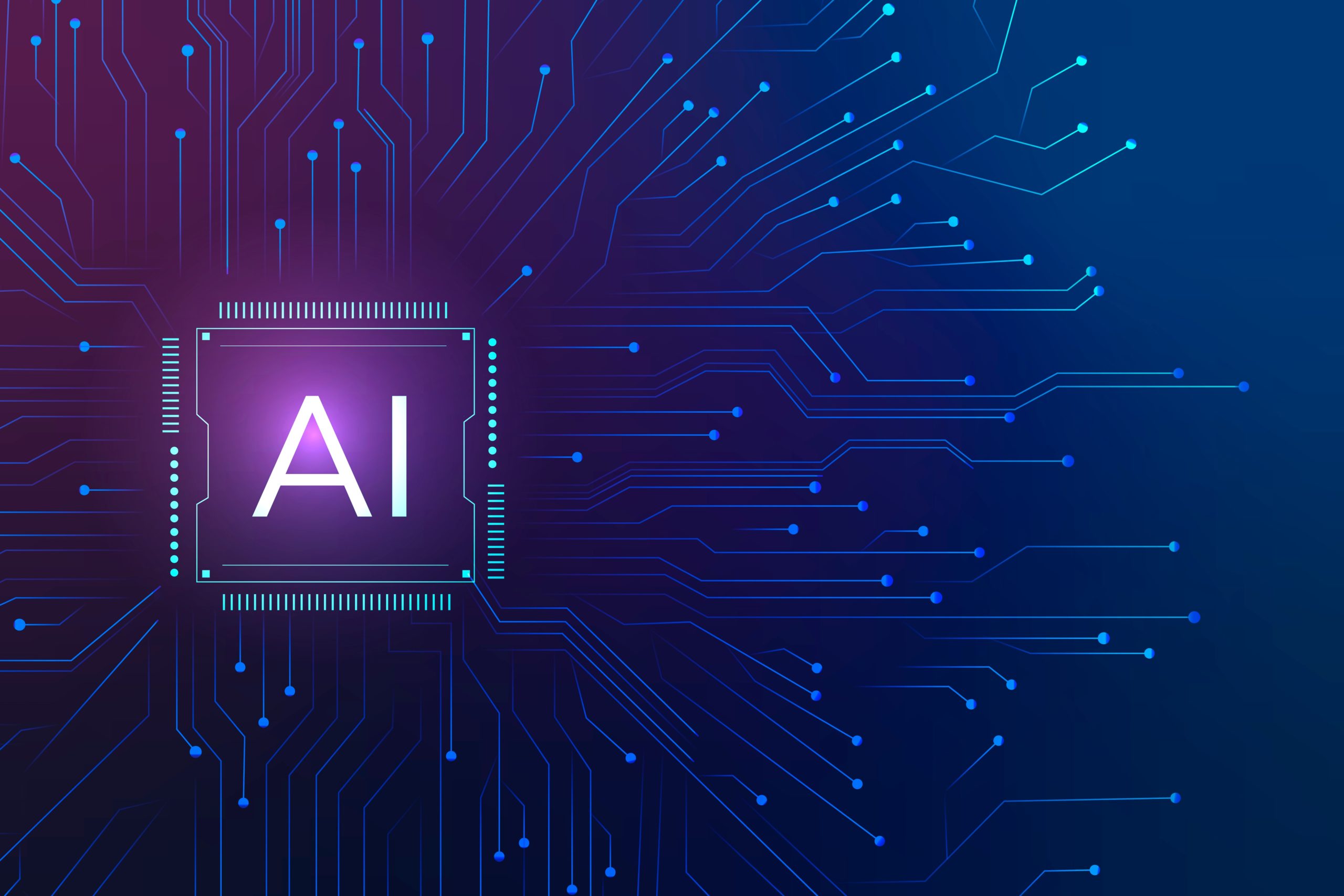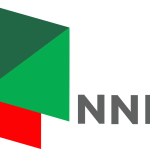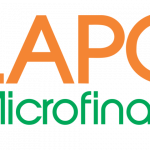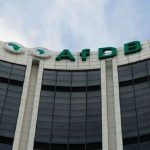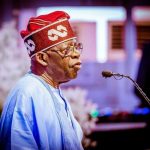The Director-General of the National Information Technology Development Agency (NITDA), Mr Kashifu Inuwa, has projected that the digital economy, using Artificial Intelligence (AI), could drive the country’s economy up to 20 per cent Gross Domestic Product (GDP) growth.
Mr Inuwa said at the 3rd Economic Confidential Lecture in Abuja on Wednesday that AI was no longer optional but essential.
“Those who fail to upskill will be replaced. AI can free up 20 per cent of time for higher productivity, and nations leading in AI will lead the world.”
According to him, the country can not afford to miss the fourth industrial revolution after losing out in the first three revolutions.
Mr Inuwa said that there were ongoing collaborations with the Ministry of Education to build digital literacy into the country’s national curriculum, and with the office of Head of Service of the Federation to enhance civil service training .
“Market women can now connect with customers through mobile technology. But as we connect, we must also protect, and cybersecurity is a critical pillar.”
The President and Chairman of Council, Nigerian Institute of Public Relations (NIPR), Mr Ike Neliaku, said that the country must ensure that participation in the digital global economy is inclusive, innovative, and sustainable.
Mr Neliaku, was represented by NIPR fellow, Mr Afolabi Olajuwon, urged the country to be committed to building capacity, investing in infrastructure, and creating policies that enable innovation to thrive.
“We are living in a period where technology is reshaping governance, trade, education, healthcare and every aspect of human endeavour.
“Nations that fail to embrace the digital revolution risk being left behind, while those that seize the opportunity can leapfrog barriers to growth and development,” Mr Neliaku said.
He said that the country was blessed with a dynamic youth population, abundant talent and a spirit of innovation,adding that must advance its embrace of this new reality.
Mr Neliaku said that the Renewed Hope Agenda challenged Nigerians to harness technology, not merely as consumers, but as creators, innovators and exporters of digital solutions.
He said that to achieve this, there should be collaboration among government, private sector and the academia, adding that the media was not optional, but critical and essential.
“I also wish to commend the unveiling of the three landmark publications: Diplomacy and digital innovation: youths’ insights. Healing Nigeria: A chronicle of health reform and hope, and also the Renewed hope in central banking.
“Each of these publications reflects a thoughtful attempt to capture pressing national and global issues, while offering practical insights for policy and practice.
“They are not just books, but tools for shaping informed conversations and evidence-based decision-making,” Mr Neliaku said.
Other experts identified AI as a key factor to be embraced to drive Nigeria’s economy into a prosperous one.
They canvassed for the deployment of technology and AI into the country’s current struggle for economic diversification and general development.
Specifically, they called for the adoption of AI to enhance Nigeria’s growth in the fourth global industrial revolution.


